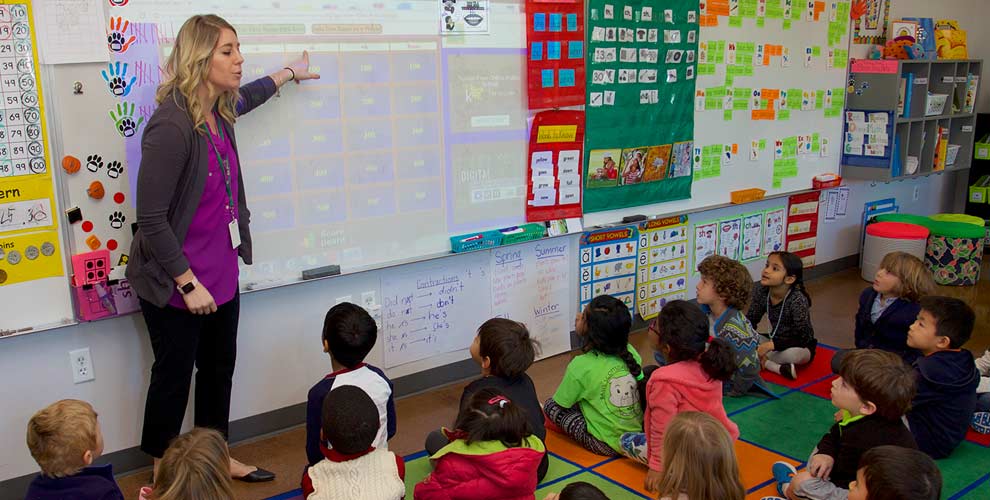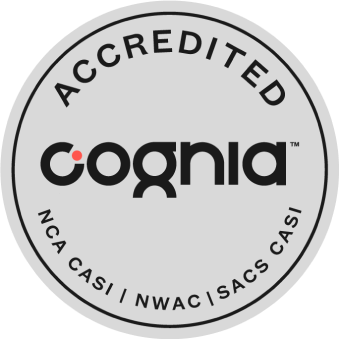Depending on where you live, you might notice that elementary schools near you offer both full-day and half-day options for kindergarten. But what’s the difference between these types of kindergarten, and is there an advantage in picking one program over another?
Kindergarten is essential for helping children develop crucial academic, social and emotional skills that will set the foundation for future success. To help you narrow down your options, let’s take a closer look at the pros and cons of full-day and half-day kindergarten programs.
Is kindergarten usually full-day or half-day?
Kindergarten requirements vary from state to state. Some states require that public schools offer full-day kindergarten, while other states only require that schools offer half-day kindergarten. However, even in states where it is not required, many schools still provide a full-day kindergarten option for families.
Half-day kindergarten used to be commonplace in the U.S., but full-day kindergarten has overtaken it in recent decades. Many parents prefer all-day kindergarten as it better aligns with their schedules and provides additional academic benefits. Over time, state policies began to reflect the shift to full-day kindergarten.
At BASIS Charter Schools, we provide full-day kindergarten at all of our primary schools in Louisiana and Texas. In Arizona, our schools offer both half-day kindergarten and full-day kindergarten options. Year after year, we find that the majority of our families choose the full-day program.
Full-day kindergarten
How long is full-day kindergarten?
Like other elementary school grades, full-day kindergarten lasts for about seven hours per day. It usually starts around 8 a.m. and ends around 2 p.m. or 3 p.m. Start times and end times vary from school to school. Be sure to reach out to the schools you’re considering for specific information.
At BASIS Charter Schools, we also offer before-school and after-school care to assist parents whose schedules do not align with our start and end times.
Full-day kindergarten schedule
Full-day kindergarten includes a balance of academics, social activities and play time. Here is an example of what a full-day kindergarten schedule looks like at BASIS Charter Schools. Specific courses and times vary from campus to campus.
- 8 a.m.: Language & Literacy
- 9 a.m.: Movement
- 9:40 a.m.: Math
- 10:40 a.m.: Language & Literacy
- 11:40 a.m.: Lunch & Recess
- 12:20 p.m.: Civics, History, & Science
- 12:50 p.m.: Afternoon Enrichment
- 1:40 p.m.: Recess
- 1:55 p.m.: Specials (may include Art, Engineering, Music, Drama or Mandarin)
- 3:00 p.m.: Pack Up & Dismissal
To learn more about our daily schedule for kindergarten, read our article “A Day in the Life of a BASIS Charter School Kindergartner.”
Advantages of full-day kindergarten
- Full-day programs can provide a stronger academic foundation. Studies have shown that full-day kindergarten students often have an academic advantage compared to half-day kindergarten students. With more time spent in the classroom, students get an opportunity to further develop key skill sets.
- Students will be exposed to a wider range of subjects. A few extra hours of instruction time each day means that your child will have time to explore additional subjects. For example, at BASIS Charter Schools, our full-day and half-day students both study core subjects such as language and math, but our full-day kindergarteners have additional enrichment lessons in the afternoon. Our full-day kindergarten curriculum includes Engineering and Technology Foundation, Mandarin, Music Foundation and more.
- Your child will get into the routine of attending full-day school. Once your child starts first grade, half-day school won’t be an option anymore. Full-day kindergarten prepares your child for the following year.
- Full-day schedules can be easier to manage for parents with multiple school-age kids. With full-day kindergarten, you don’t have to worry about the logistics of your kindergartener finishing up the school day three hours before your second grader. Full-day kindergarten dismisses at the same time or close to the same time as other grades.
Disadvantages of full-day kindergarten
- Many full-day programs are fee-based. Since full-day kindergarten is not mandatory in most states, schools often don’t have sufficient funding to offer these programs free of charge. Be sure to check in with schools that interest you to see if they have any financial aid options available to cover the costs of full-day kindergarten.
- Some students may have a hard time adjusting to full-day kindergarten. Parents often worry that their child will have trouble paying attention and keeping still for a full school day. If this concern rings true for you, keep in mind that most full-day kindergarten programs accommodate kindergarteners’ short attention spans by incorporating plenty of movement and playtime into their daily schedules.
- You may have reduced family time with your child. Since full-day kindergarten starts in the morning and doesn’t let out until mid-afternoon, your child will be spending less time at home. Some parents may worry that a full-day schedule will limit family bonding time or opportunities for free play.
Half-day kindergarten
How long is half-day kindergarten?
Half-day kindergarten is usually around four hours per day. For morning half-day kindergarten, the day might start around 8 a.m. and end around 12 p.m. For an afternoon program, the day might go from approximately 11:30 a.m. to 3:30 p.m.
BASIS Charter Schools offer half-day kindergarten in the morning at many of our Arizona campuses. We do not currently offer half-day kindergarten in the afternoon.
Half-day kindergarten schedule
Half-day kindergarten typically includes the same core academics as full-day kindergarten, but in a condensed schedule. Here is an example of what your kindergartner’s day might look like if you enroll them in a half-day program.
- 8 a.m.: Math
- 9 a.m.: Language & Literacy
- 10 a.m.: Recess
- 10:15 a.m.: Language & Literacy
- 11:15 a.m.: Civics, History, & Science
- 11:45 a.m.: Movement
- 12:15 p.m.: Pack Up & Dismissal
At BASIS Charter Schools, we ensure that our half-day kindergartners experience all of our core subjects, such as Language & Literacy and Math. Half-day kindergartners also have a daily Movement class. For specific information about half-day kindergarten schedules, please reach out to your school directly.
Advantages of half-day kindergarten
- You can ease your child into formal schooling more gradually. One of the main benefits of half-day kindergarten is that it allows students to become accustomed to attending school without diving straight into a full school day. A half-day program may be especially attractive if your child has not attended preschool or rarely spends time away from home.
- Your child will have more time for other activities outside of school. With half-day kindergarten, your little one will have more time at home for unstructured play with family and friends. You may also be able to attend community events and activities (library storytime, playgroups, etc) that would otherwise conflict with school.
- Half-day kindergarten is usually free. Many schools offer half-day kindergarten free of charge, whereas full-day kindergarten is more likely to have fees associated with it.
Disadvantages of half-day kindergarten
- If your child attended preschool, they may already be prepared for full-day school. Since preschool is designed to prepare kids for formal schooling, it often eliminates the need to ease your child into school with a half-day kindergarten program.
- A half-day schedule can be challenging for working parents. Parents who work full time may have difficulty picking up their child in the middle of the day and may need to arrange for additional childcare in the afternoons.
- Students may miss out on valuable learning opportunities. While half-day kindergarten tends to cover the same core concepts as full-day kindergarten, your child may miss out on extra enrichment activities or lessons.

Which type of kindergarten is the right choice for your family?
Whether full-day kindergarten or half-day kindergarten makes more sense for your family depends on what your child’s needs are and what your schedule is like. Generally speaking, full-day kindergarten provides students with additional learning opportunities that could benefit them for the following school year.
That being said, the quality of a school’s kindergarten program is often more important than the number of hours your child is spending there. Whether you’re leaning towards full-day or half-day, look for a kindergarten program that makes effective use of instruction time while still giving children the freedom to move around, play and socialize throughout the day.
For more information about what to look for when choosing a kindergarten for your child, download our guide “Getting Ready for Kindergarten.”
Give your kindergartner the strongest start possible at BASIS Charter Schools
Kindergarten at BASIS Charter Schools builds upon children’s natural instincts to explore, question and discover. Our caring and knowledgeable teachers lead students through dynamic, hands-on lessons, inspiring them to love learning. We are dedicated to setting young learners up for long term academic success by teaching them foundational skills in literacy, phonics, numeracy and more. By the end of the year, our kindergarten students master skills that are typically not taught until grade 1.
Most of our Arizona campuses offer both full-day (fees may apply) and half-day options, so you can choose a schedule that works for your family.
For a firsthand look at what makes our kindergarten program unique, find a school near you and schedule a tour today.






